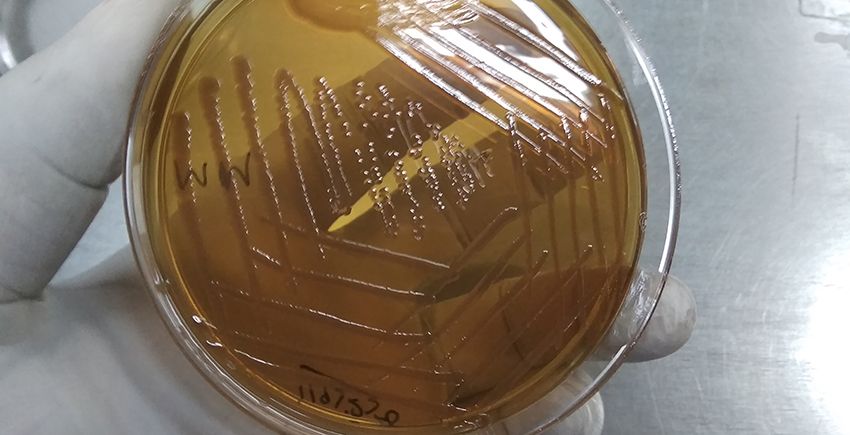Harvard News highlights recent work from Jon Clardy and colleagues drawing a line connecting gut bacteria activity, an environmental contaminant, and depression. Clardy and colleagues found that conversion of a common environmental contaminant known as diethanolamine, or DEA, by a species of gut bacteria, Morganella morganii, stimulates the release of cytokines, particularly interleukin-6 (IL-6). Not only has M. morganii been linked to inflammatory conditions such as type 2 diabetes and inflammatory bowel disease, but IL-6 has specifically been connected to major depressive disorder. Read the Harvad News article here to learn more.
